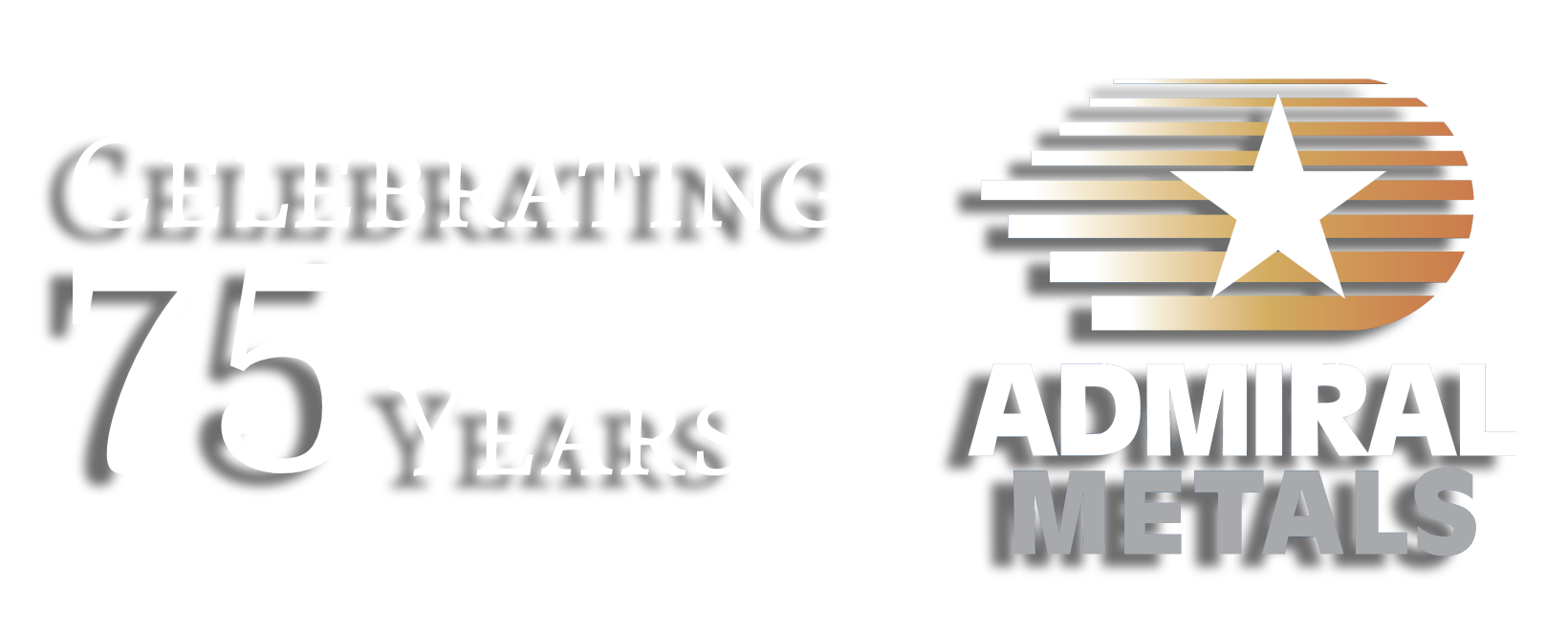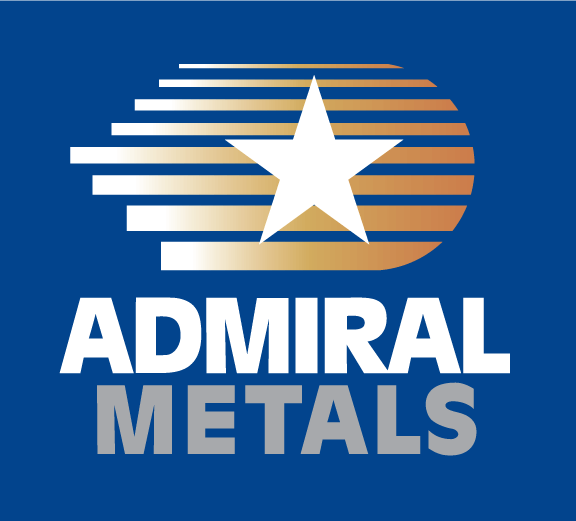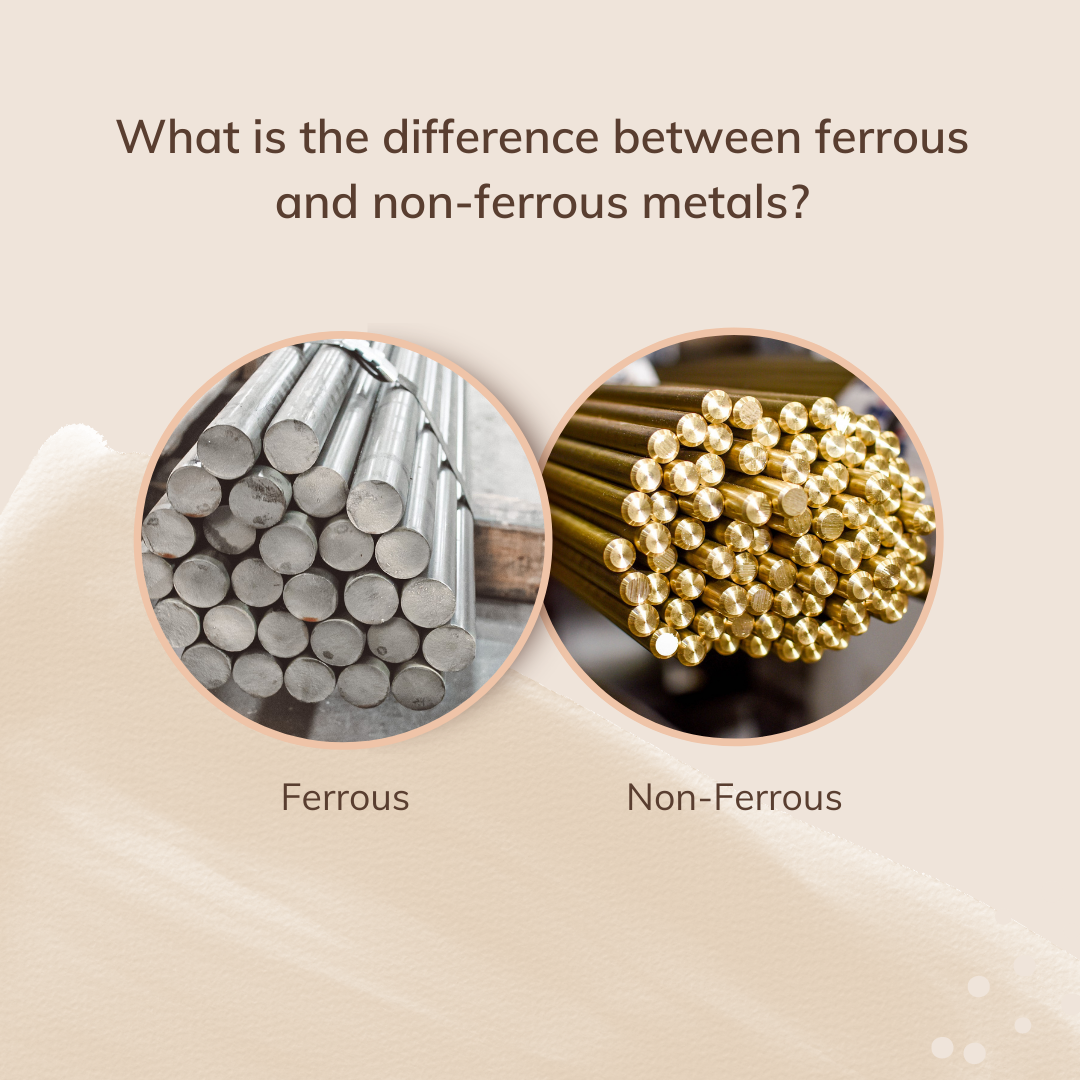As of last Friday, new trade policies went into effect concerning imported Aluminum and Steel. Here is the latest information on these metal tariffs.
 Some basics:
Some basics:
What it is:
A Tariff is a duty, (tax) imposed by a government on imported goods. Generally, tariffs are a percentage of the transaction price that a domestic buyer pays a foreign seller.
Currently, metals affected by the tariff include:
10{41f8e085fc68038a2da2699f98ad8aea8b7e87e25f742017f6f76a0b55118d3c} Tariff on all aluminum imports
25{41f8e085fc68038a2da2699f98ad8aea8b7e87e25f742017f6f76a0b55118d3c} Tariff on all steel imports – this includes stainless steel
This tariff applies to material received into the USA after March 22 and as of June 1, from all foreign countries. Prior to June 1, U.S. allies Canada, Mexico and the European Union were exempt from these tariffs.
The rational:
China’s state subsidy of steel and aluminum promotes production, flooding the global market, depressing prices and leaving American steel and aluminum companies at a competitive disadvantage. The US Commerce Department has deemed that this poses a national security threat giving the President the authority to restrict imports and impose unlimited tariffs.
Not to be confused with DFARS
We are often asked if all DFARS-compliant countries are exempt from the tariffs. As of June 1, none of the DFARS-compliant countries are exempt.
DFARS-Compliant Countries include:
Australia, Austria, Belgium, Canada, Czech Republic, Denmark, Egypt, Estonia, Finland, France, Germany, Greece, Israel, Italy, Japan, Latvia, Luxembourg, Netherlands, Norway, Poland, Portugal, Slovenia, Spain, Sweden, Switzerland, Turkey, United Kingdom and Northern Ireland
Effect on supply
If tariffs are extended for a longer period of time as anticipated, the domestic mills will extend their lead times as more business is shifted their way. We recommend that our customers plan for longer lead times as the supply chains within the United States adjust to the increased demand given the anticipated reduction of foreign imports. Some mills products will get substituted given their availability and tariff related costs. Other products may experience temporary shortages. Longer term all of our products will still be available, but maybe from different sources.
Effect on pricing
Domestic mills will most likely follow higher market price levels up, as higher market prices are part of the design of tariffs. One reason they are in place is to level the playing field on the cost of products being dumped from other countries. At this time, due to market fluctuations, we will continue to quote current market price.
At Admiral, we understand your concerns about the price and availability of aluminum and stainless steel that the recent tariff-related announcements have caused. Our longstanding relationships with both domestic and international metal suppliers and the new relationships we are forging mean that we will continue to deliver the highest-grade metals as fast as possible at the very best market price available.
How can we best partner with you during this transitional time? Call or email us or your sales representative so we can discuss your specific needs.
What is the future of the workplace?
This last year and half have been filled with uncertainty whether you are a company owner or an employee working for someone else. During...




